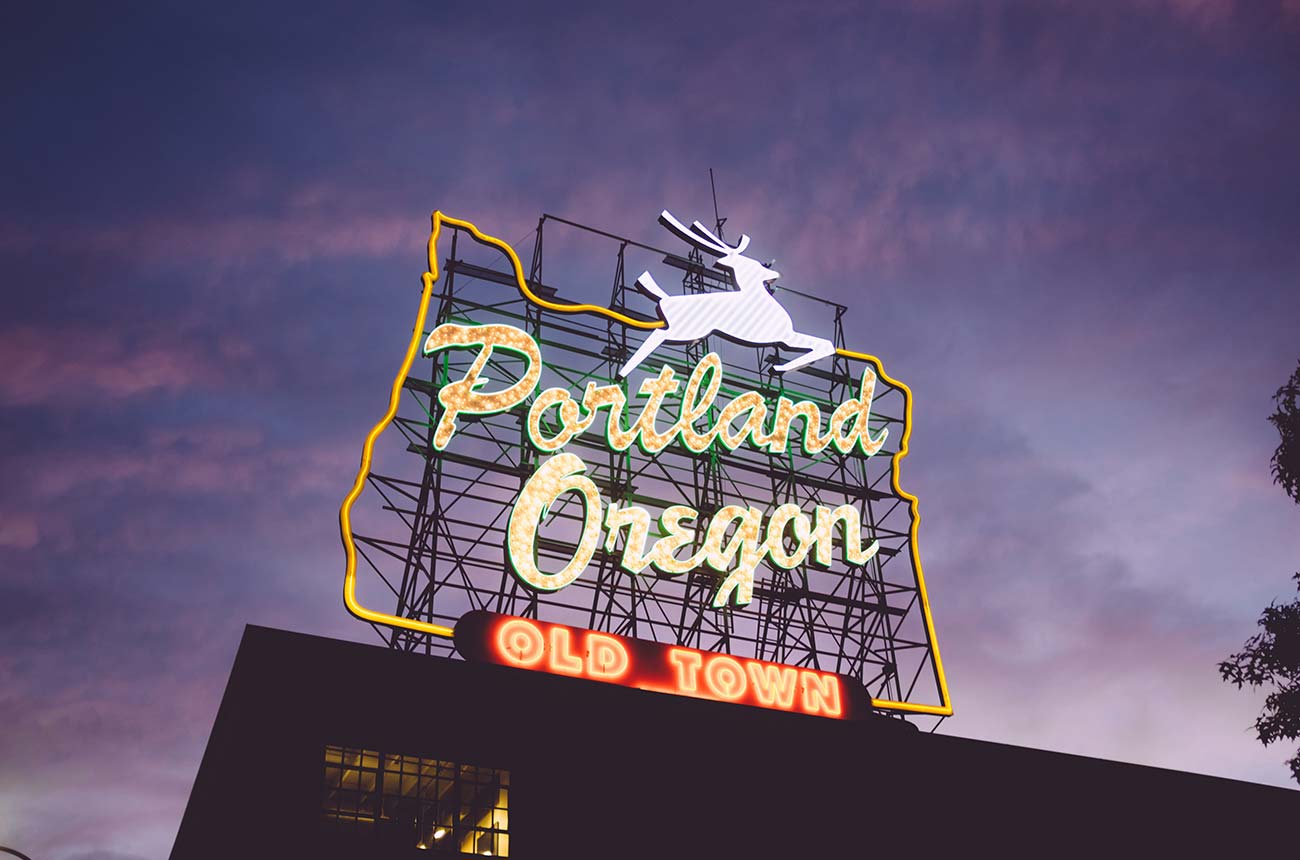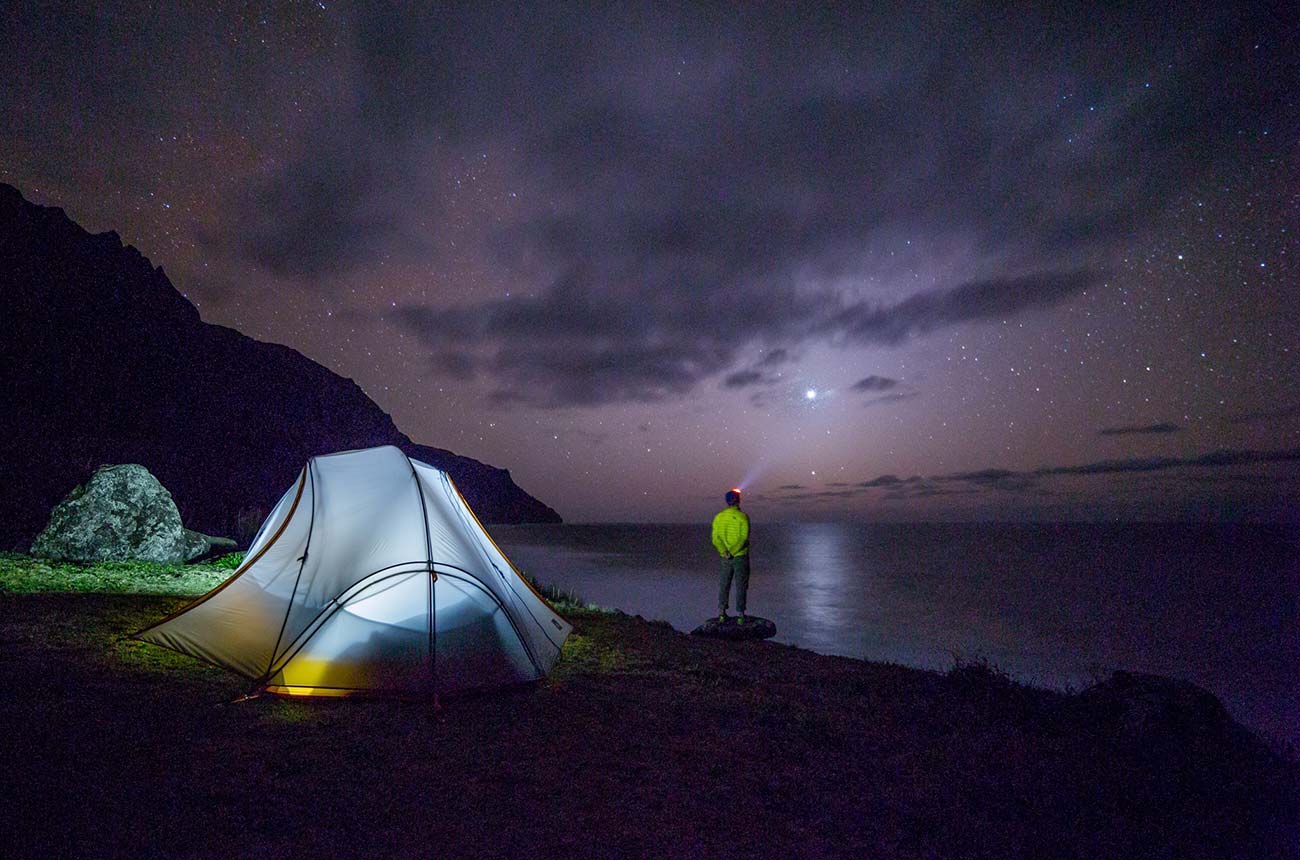Fall in New York isn't just a season; it's a nonstop gauntlet of high-profile events—from holiday markets in Bryant Park and street fairs in SoHo to corporate pop-ups at Hudson Yards. This dense calendar creates a hyper-competitive market for a very limited pool of qualified event staff. Booking the right team isn't just a priority; it's a race.
This is an insider's guide to NYC event staffing logistics. We'll cover the specific operational realities of the fall season and the adaptive strategies required for successful NYC event staffing.
CEO Excerpt
"NYC is a market of no excuses. Planners need a partner who understands the city's operational DNA. Our approach to NYC event staffing is built on precision, local knowledge, and the ability to adapt in real time. That's the only way to ensure a flawless event here." – CEO, Event Staff
The NYC Fall Challenge: More Than Just a Crowded Calendar
Why is NYC event staffing so uniquely demanding? It's not just a crowded calendar; it’s a high-stakes ecosystem of interconnected operational constraints. A generic staffing plan will fail before the first guest arrives. Success requires a strategy as dynamic and resilient as the city itself.
Here, we move beyond the obvious to explore the deep logistical and human challenges of staffing events in New York City and present an operational playbook that actually works.
TL;DR: Fall NYC event staffing is uniquely demanding due to dense logistics, transit chaos, weather volatility, and fierce talent competition. Success requires a specific operational playbook: using centralized check-in hubs, deploying borough-specific teams, integrating staff roles, and training for de-escalation to manage the city's high-stakes environment.
The Unforgiving Gauntlet: NYC's Core Staffing Hurdles
While every city has challenges, NYC's are layered and unique.
1. Logistics 2.0: Vertical Footprints & Horizontal Density
Your venue isn't just a location; it's a specific set of spatial problems. A narrow sidewalk for a street activation or a crowded park for a festival requires more than just bodies; it demands a strategic plan. Line control is critical for guest safety and flow, forming a core part of workforce planning in NYC.
But it's not just horizontal. Consider the "vertical challenge": a gala on the 65th floor of a Midtown tower presents elevator capacity bottlenecks and lobby flow issues that are entirely different from a ground-floor product launch. This level of urban crowd density, whether packed onto a sidewalk or into a high-rise lobby, is a key safety factor that must be managed by your NYC event staffing team. This also includes complex vendor load-ins, navigating strict time windows, and coordinating with building security and union reps.
2. Transit & The Tyranny of the Schedule
In NYC, time is relative and transit is fickle. A delayed L train or a problem at Penn Station can cripple your event's check-in. Staff call times must be staggered and built around subway peak flow, not just the event start time. This is a painful lesson for any planner new to NYC event staffing.
This extends beyond the start. What about staff egress for an event that ends after midnight, when trains run less frequently? You must account for the total commute time and safety, or you'll face high attrition and burnout.
3. Atmospheric Warfare: Weather Volatility
The fall is notoriously unpredictable. A 60-degree street fair can be hit by a 40-degree rainstorm and high winds within hours. Your NYC event staffing plan must include a contingency for staff rotations, shelter, and appropriate gear (like branded ponchos or hand-warmers). High winds are a critical liability for any event with tents, staging, or tall signage.
We always consult the NYC OEM's event guide for official preparedness protocols, but a "plan" means having a designated weather-watcher on the team and a clear chain of command for making the call to move, pause, or provide shelter.
Beyond the Basics: The Hidden Hurdles of NYC Event Staffing
These are the challenges that separate amateur planners from seasoned pros.
The Saturation & Talent Wars
The fall is peak season. Your event is competing with three other major galas, a tech conference, and a fashion week party... on the same night. This means staffing agencies are in a talent war, competing for the same pool of experienced, reliable staff. Securing the best talent requires a reputation for clear communication, on-time (and fair) pay, and well-managed events.
Navigating the Compliance & Security Maze
In a high-alert city, "security" and "crowd control" are not the same. Staff must be trained to integrate with NYPD, FDNY, and private security details. They need to understand venue-specific emergency egress plans and their precise role. This includes everything from clear-bag policies and wanding procedures to knowing who to alert before a situation escalates.
The Hyper-Local Vendor Ecosystem
Staffing doesn't exist in a vacuum. Your team must be trained to work within NYC's complex vendor ecosystem. This often means understanding union rules—what they can and cannot touch (e.g., A/V equipment, staging). A well-meaning but untrained staffer moving a union-placed item can cause a costly work stoppage.
A 4-Step Operational Playbook for Fall NYC Event Staffing
A generic plan fails here. Success in NYC event staffing requires a localized, multi-layered strategy.
1. Centralized Check-in & Digital Briefings
To beat transit chaos, we use check-in hubs near venues (e.g., a cafe by Penn Station or Union Square) before deploying the team to the site. This ensures teams arrive as a single, fully briefed unit. This hub is also where uniform checks are completed and hardware (like scanners or comms) is distributed. This is backed by a digital briefing sent 24 hours prior, covering run-of-show, FAQs, and key contacts, so the on-site time is for reinforcement, not initial training.
2. Borough-Specific Deployment & Cultural Fluency
The "vibe" and audience expectations change by borough, and your staffing must adapt. This is a key insight for staffing high-end events:
- Manhattan (Hudson Yards): Demands corporate event staffing NYC with exceptional brand polish. This means proactive C-suite-level service, discretion, and an immaculate presentation.
- Brooklyn (Smorgasburg): Seeking a creative and flexible festival staffing team in NYC. This requires high energy, speed, comfort with POS or scanning tech, and an authentic, approachable demeanor.
- Queens (Night Market): Needs multilingual staff who can genuinely connect with diverse audiences. This is about cultural fluency—making families feel welcome, navigating diverse customs, and providing information with warmth.
3. Integrated Team Structure (Beyond Layered Roles)
Deploy a system of specialized, integrated staff, not just generic "helpers."
- The On-Site Lead: A dedicated manager who manages the staff, not the client, handling breaks, rotations, and real-time problem-solving.
- The Specialists: Tech-savvy staff who own registration, lead capture, or VR demos.
- The Core Team: Greeters for hospitality, Crowd Control guides for flow, and Brand Ambassadors for engagement. This is how hospitality staff elevate the guest experience from a simple transaction to a welcoming memory.
- The Float: A crucial "problem-solver" role, ready to jump in to cover a break, manage a surge at check-in, or run an errand for the client.
4. The De-Escalation Doctrine: Confident, Non-Confrontational Tone
NYC attendees are fast-paced and expect efficiency. Staff must be trained to project calm, confident authority to manage lines or deliver bad news (like a full guest list) without causing confrontation. This is a core part of our NYC event staffing training. We train on "verbal judo": using empathetic validation ("I understand your frustration...") followed by a clear, firm, and helpful directive ("...the line is currently paused, but I will let you know the moment we reopen"). This technique empowers the staff, protects the brand, and keeps the event moving.
A Final Word on Operational Readiness
NYC event staffing is a unique discipline of logistics, timing, and local expertise. A generic plan is a liability. To build a resilient plan, you need a partner that understands the city's rhythm. When you're ready, you can get an instant quote to see how our NYC event staffing experts deliver.

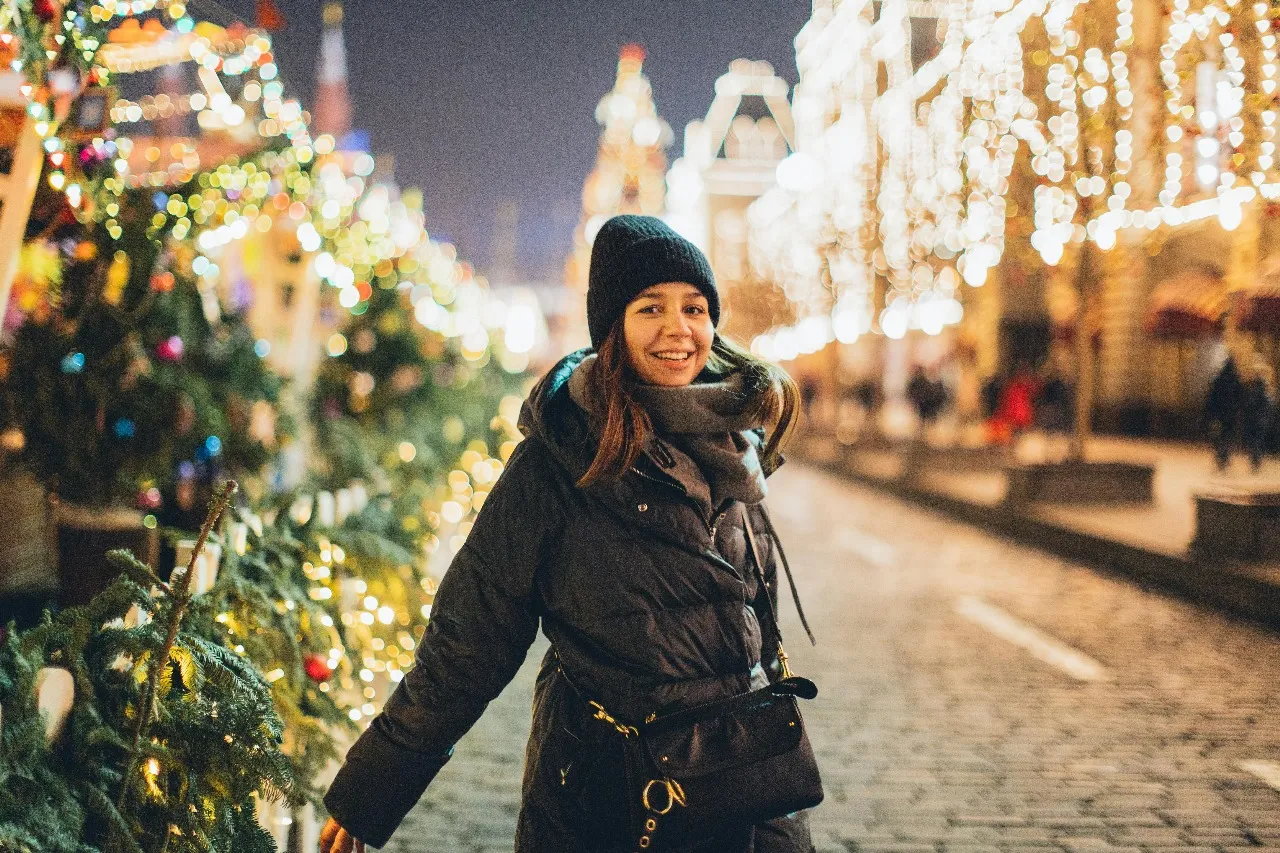

.webp)
.webp)
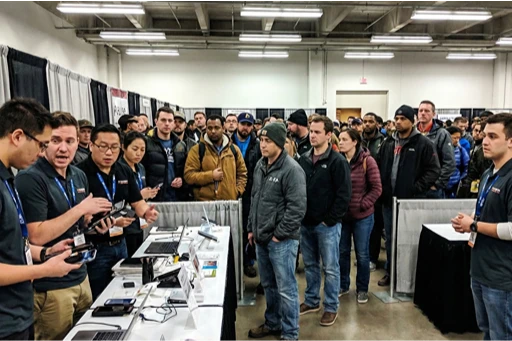
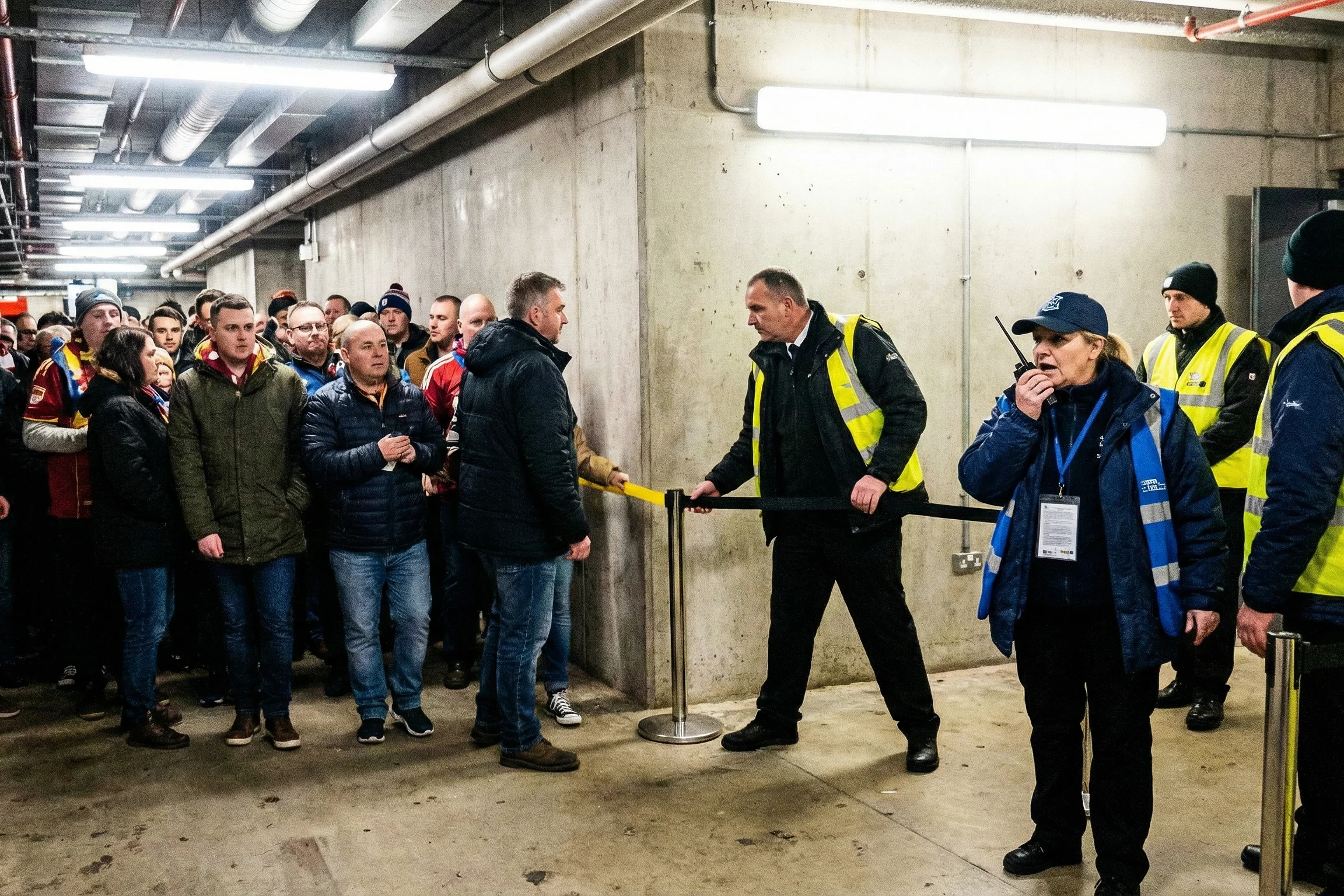
.webp)
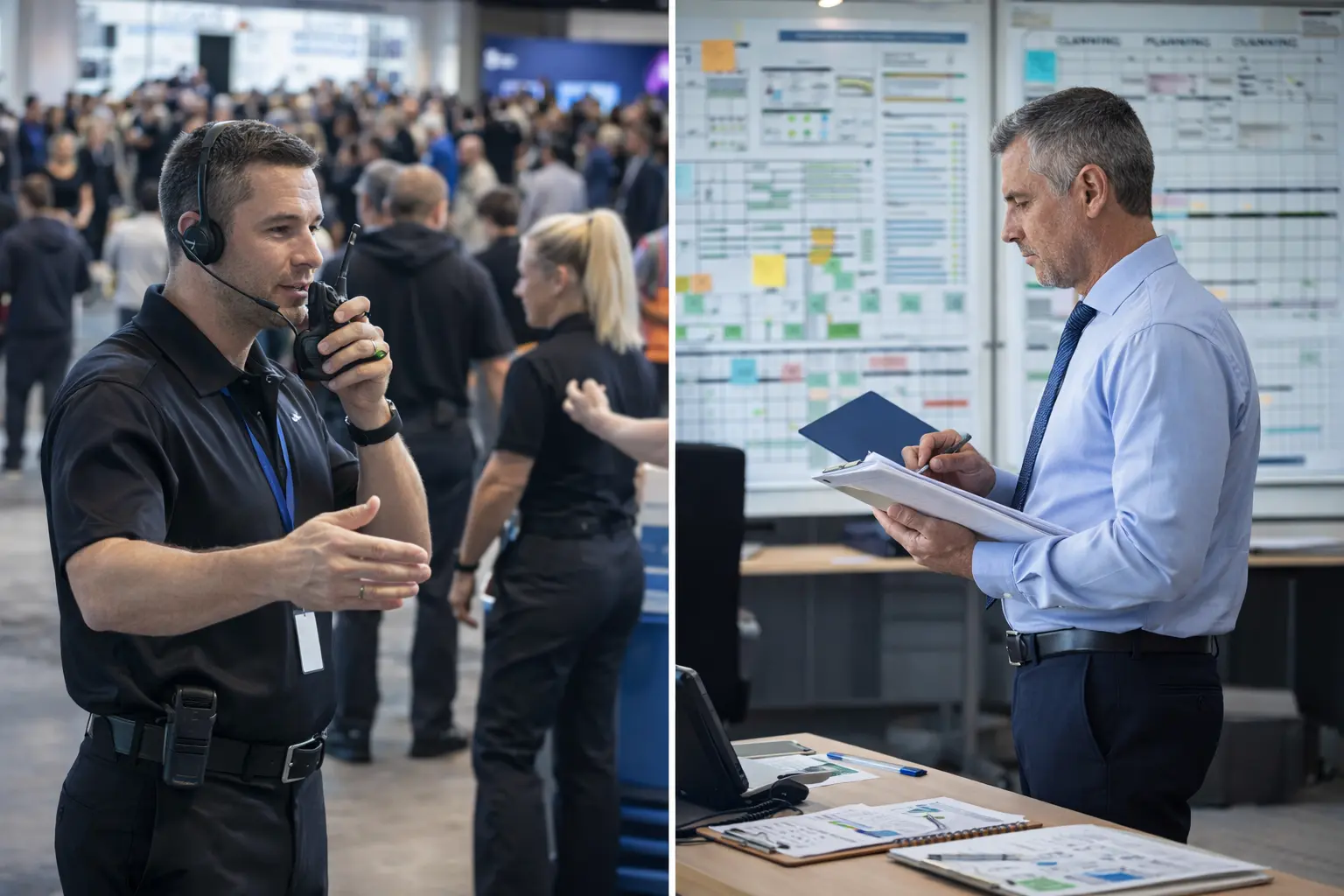

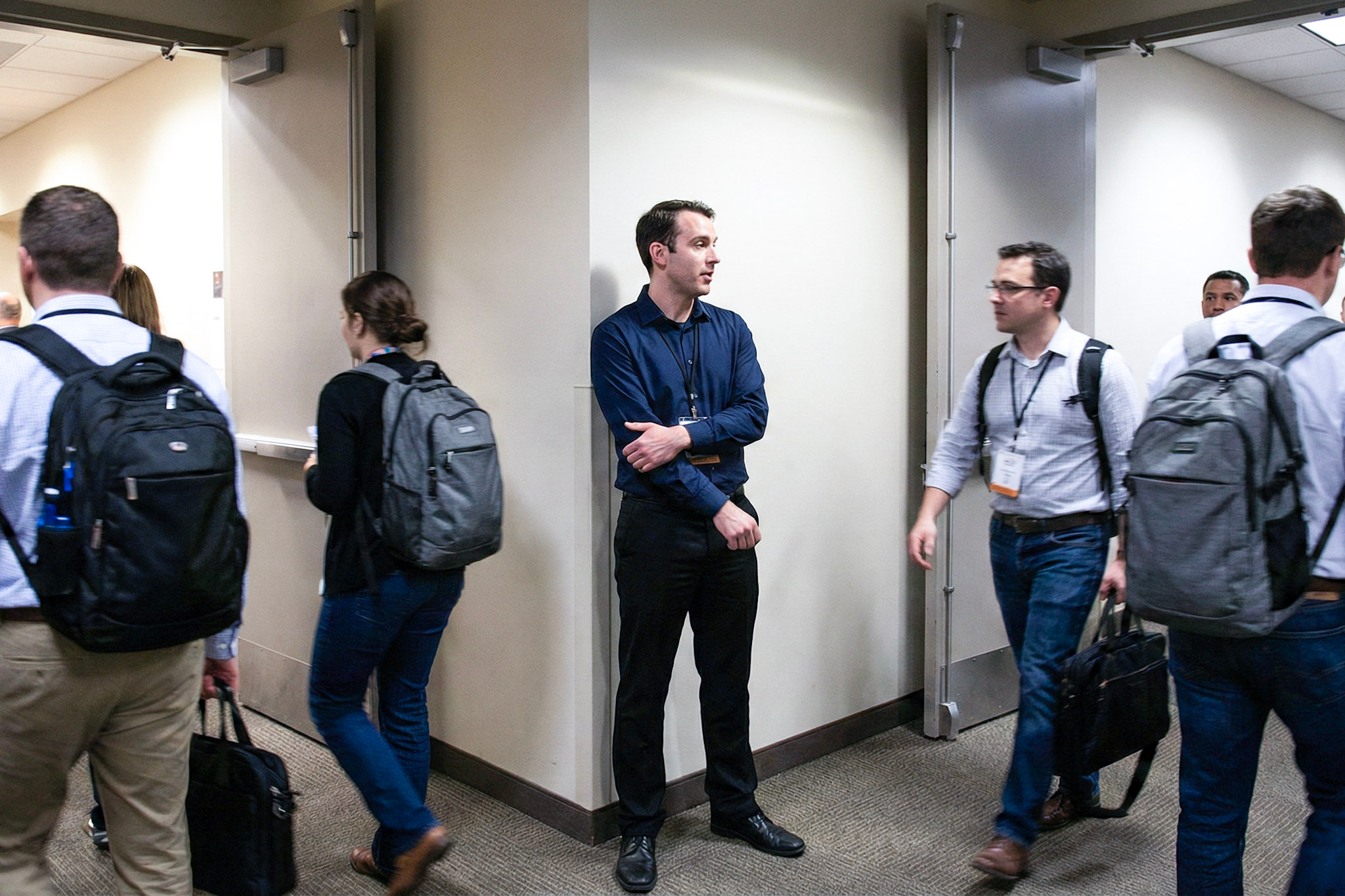
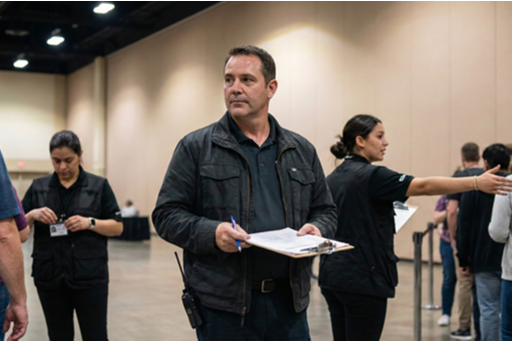
.webp)
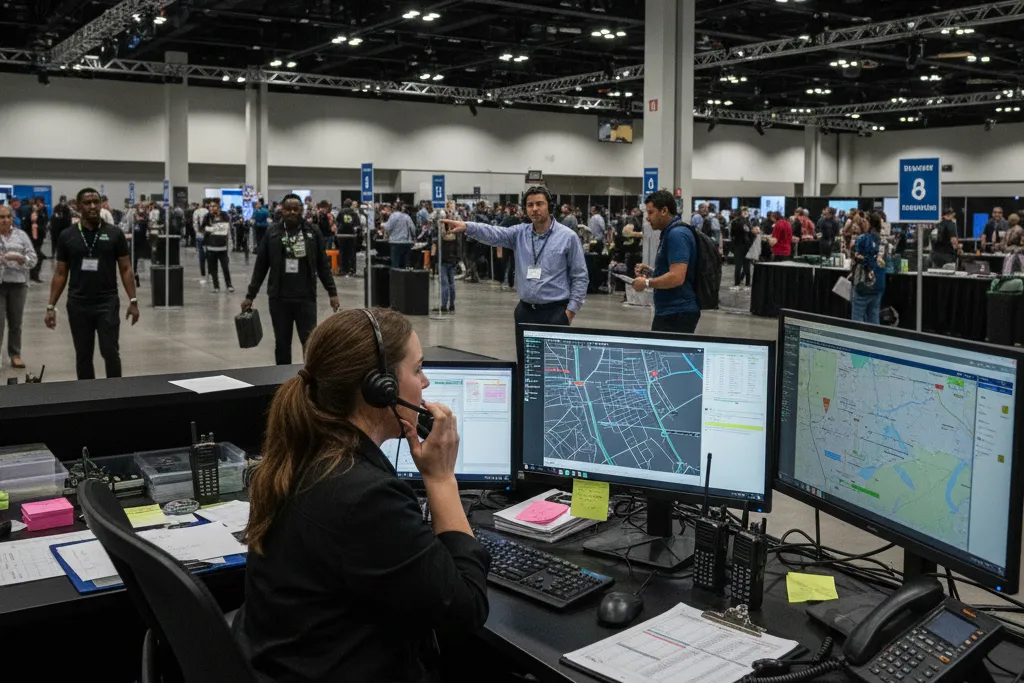
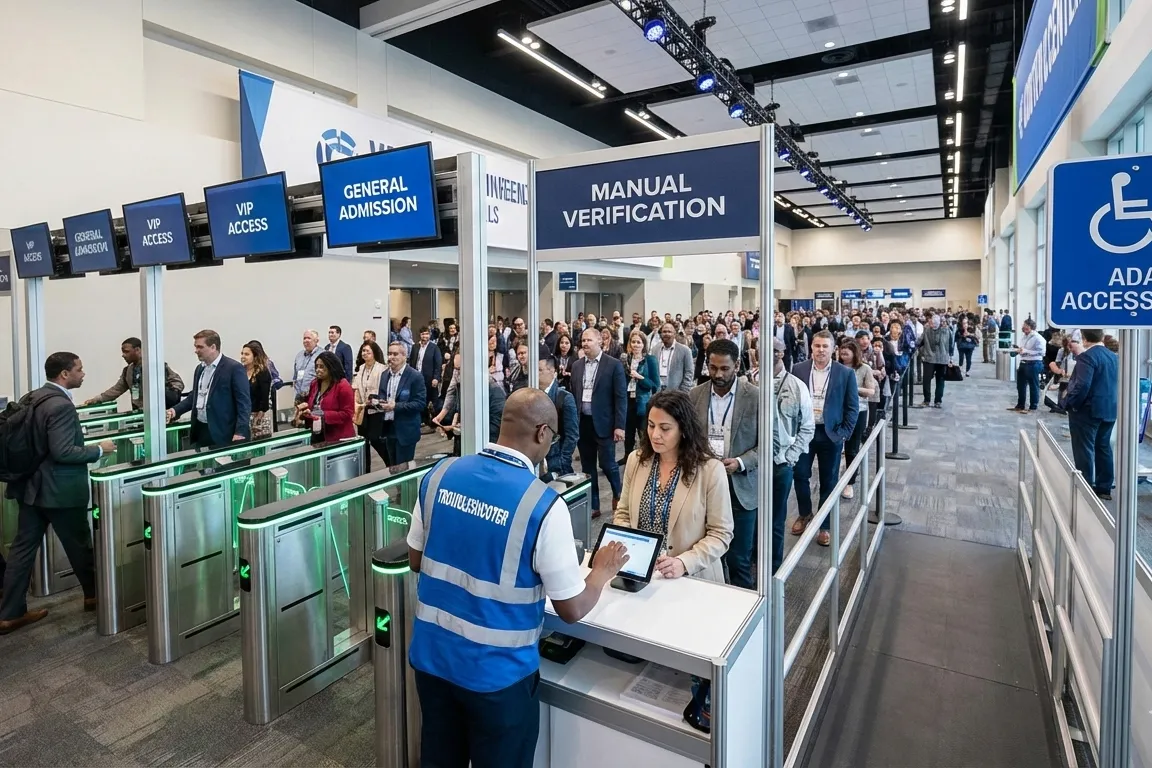
.webp)
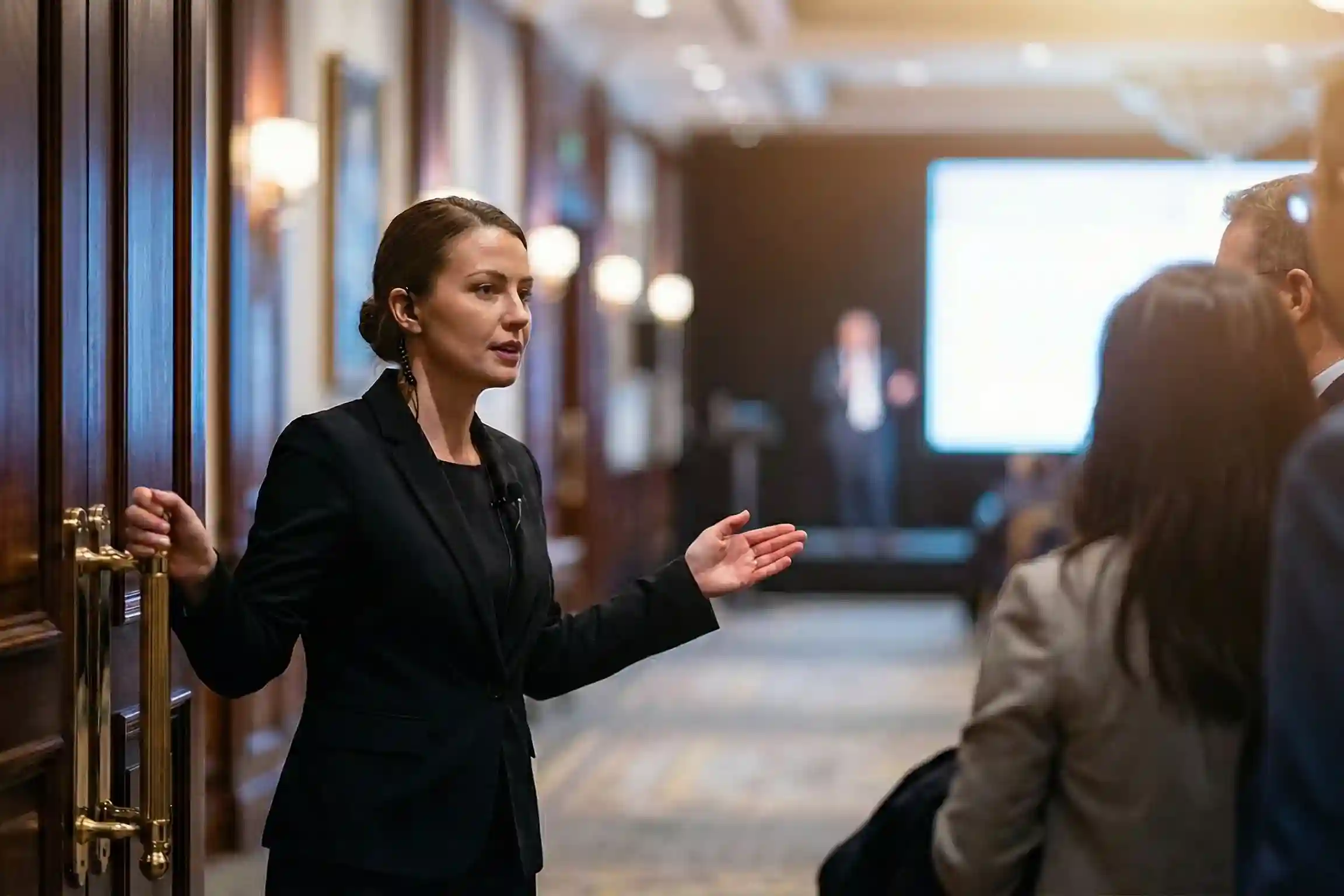
.webp)
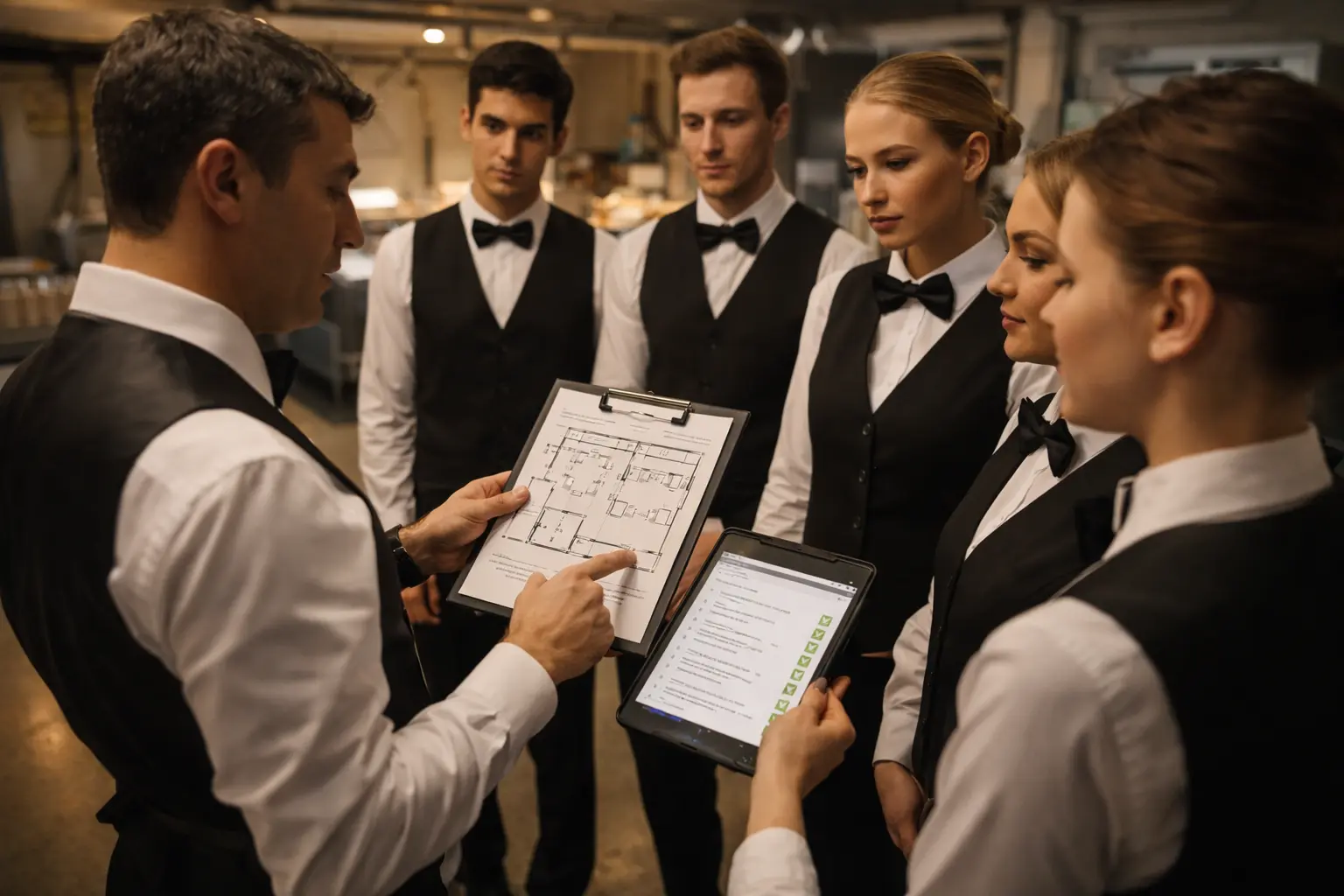
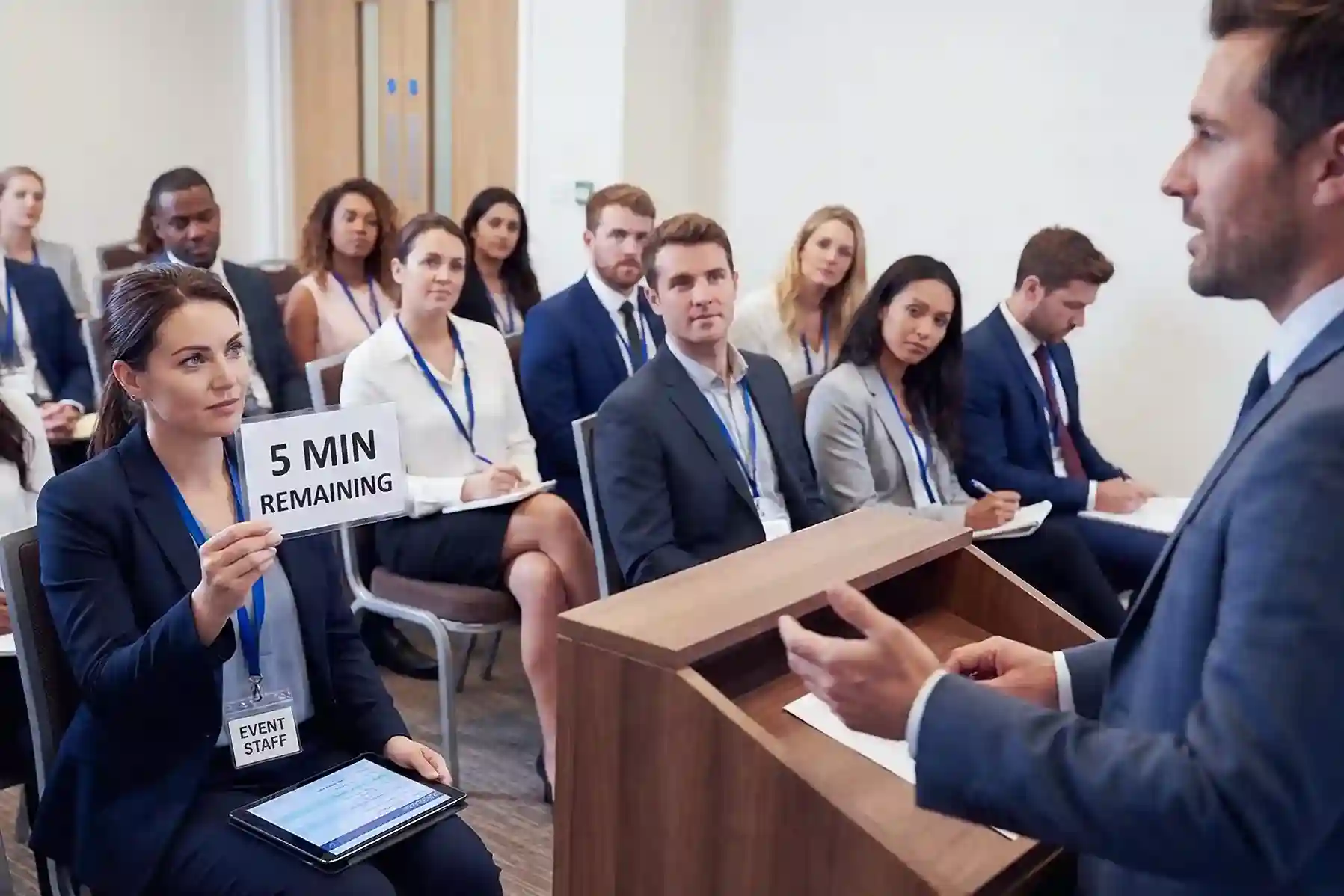
.webp)

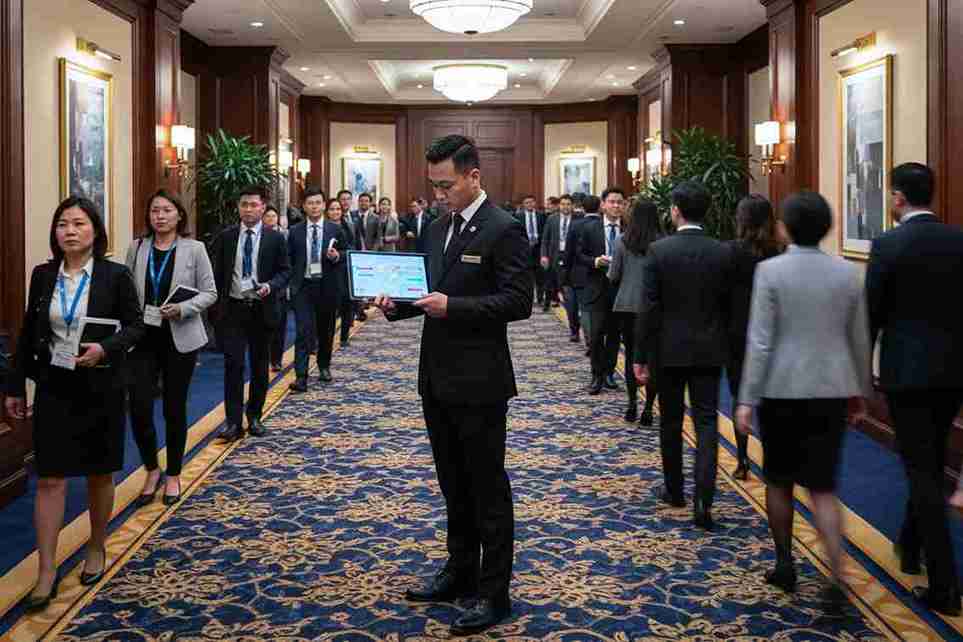
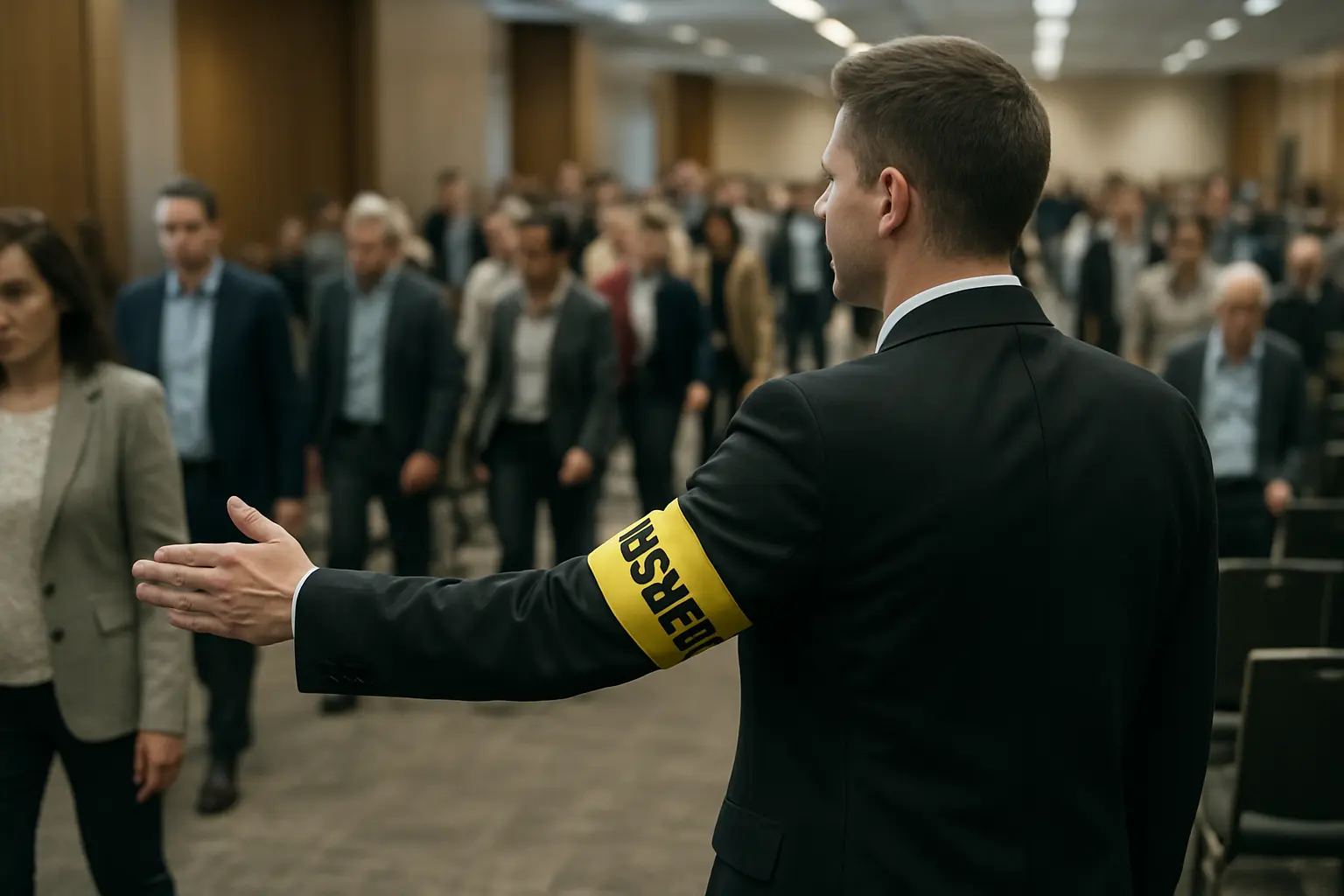
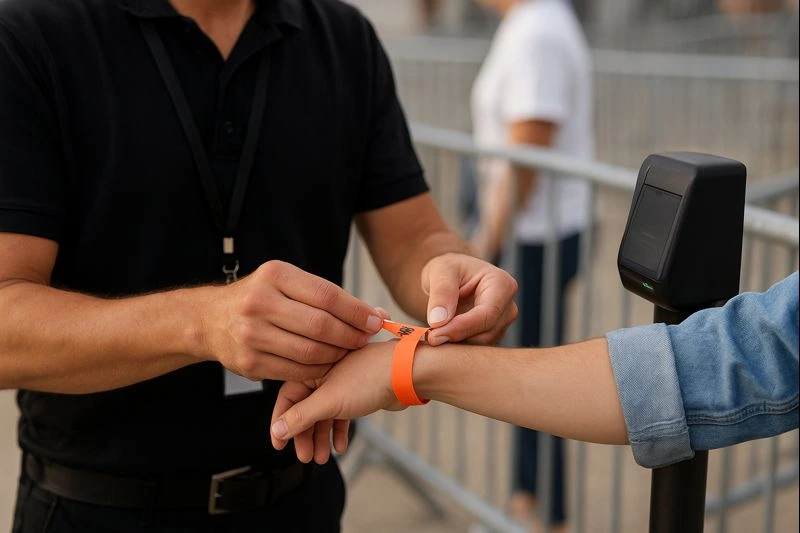
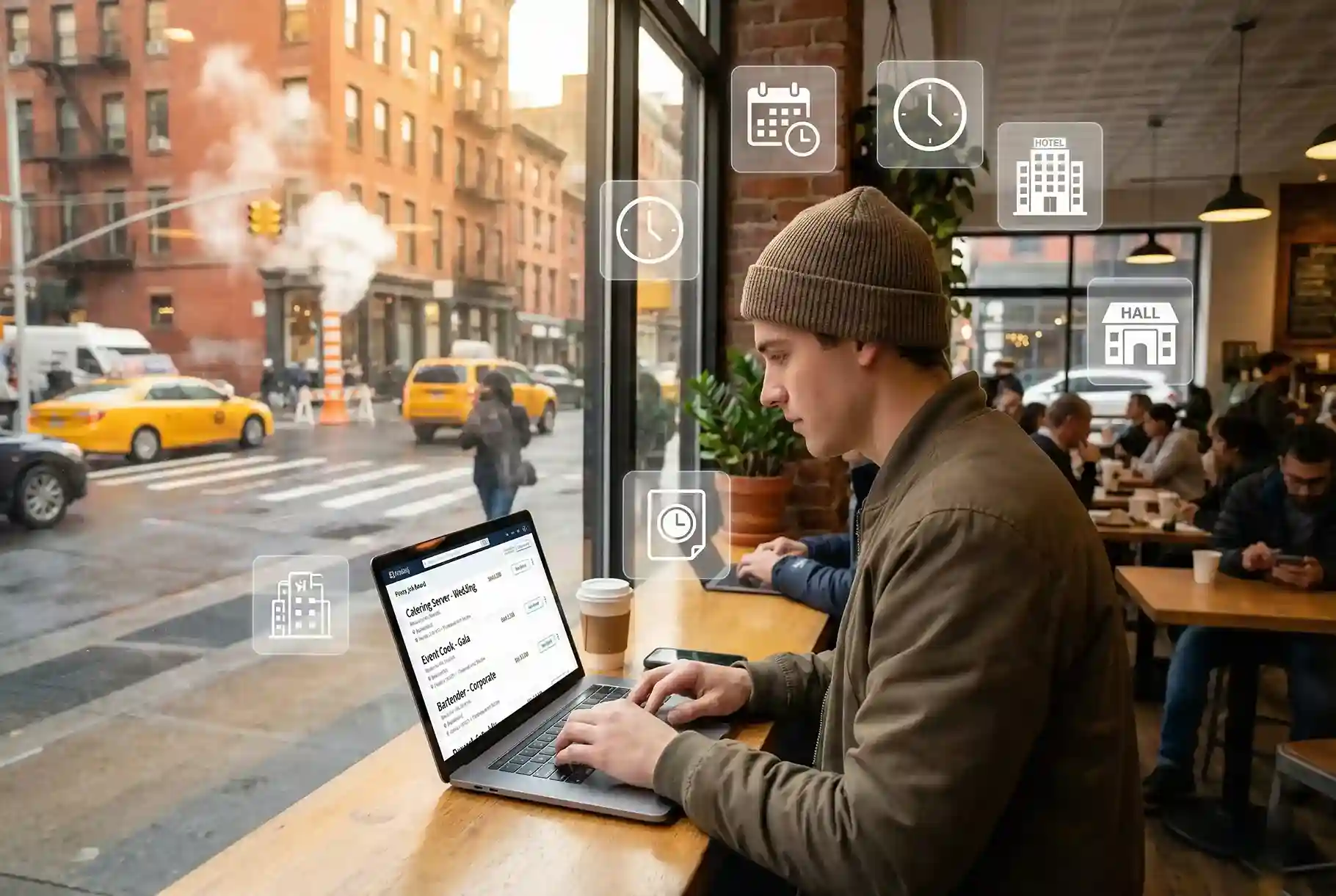

%20(2).webp)

.webp)
.webp)
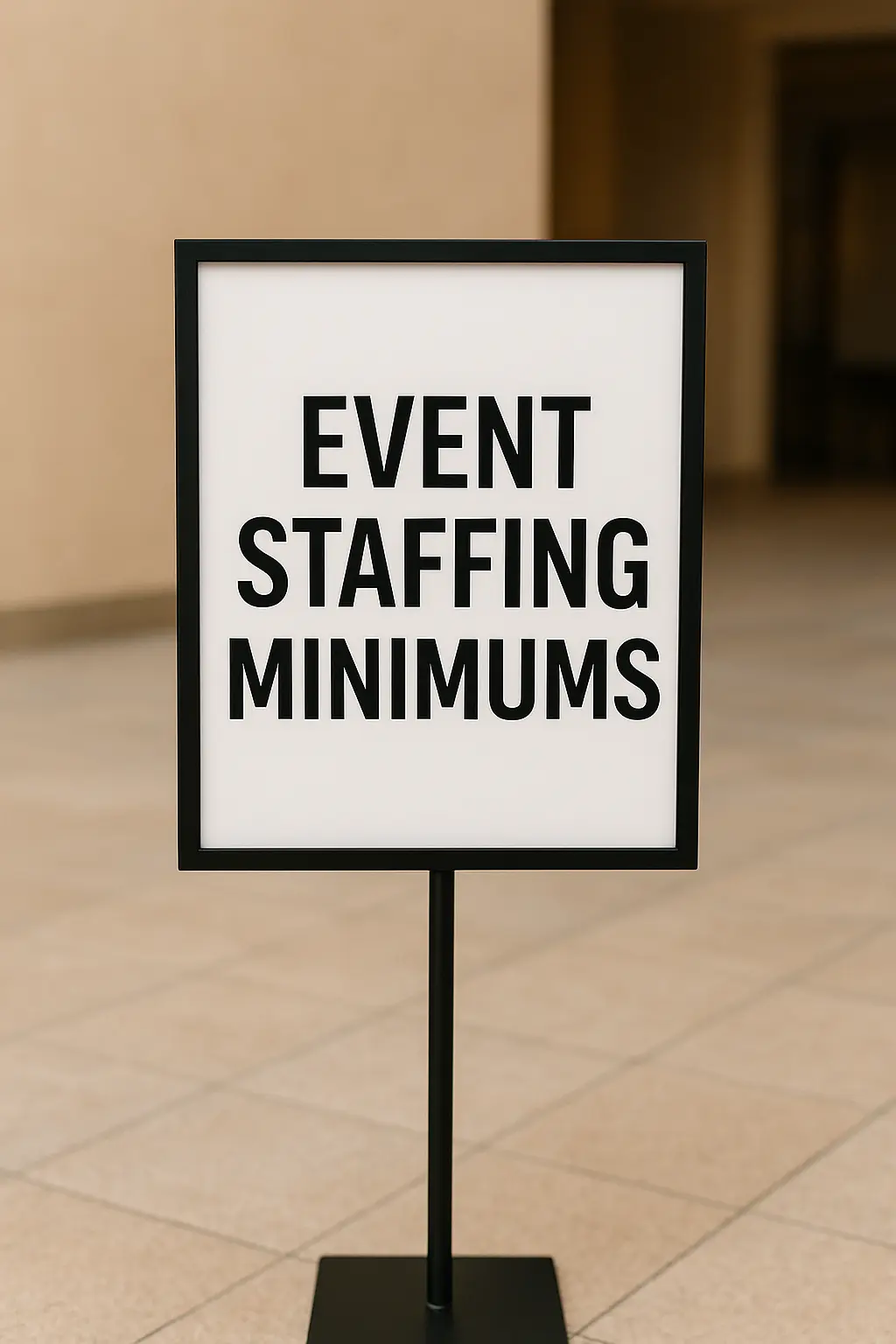
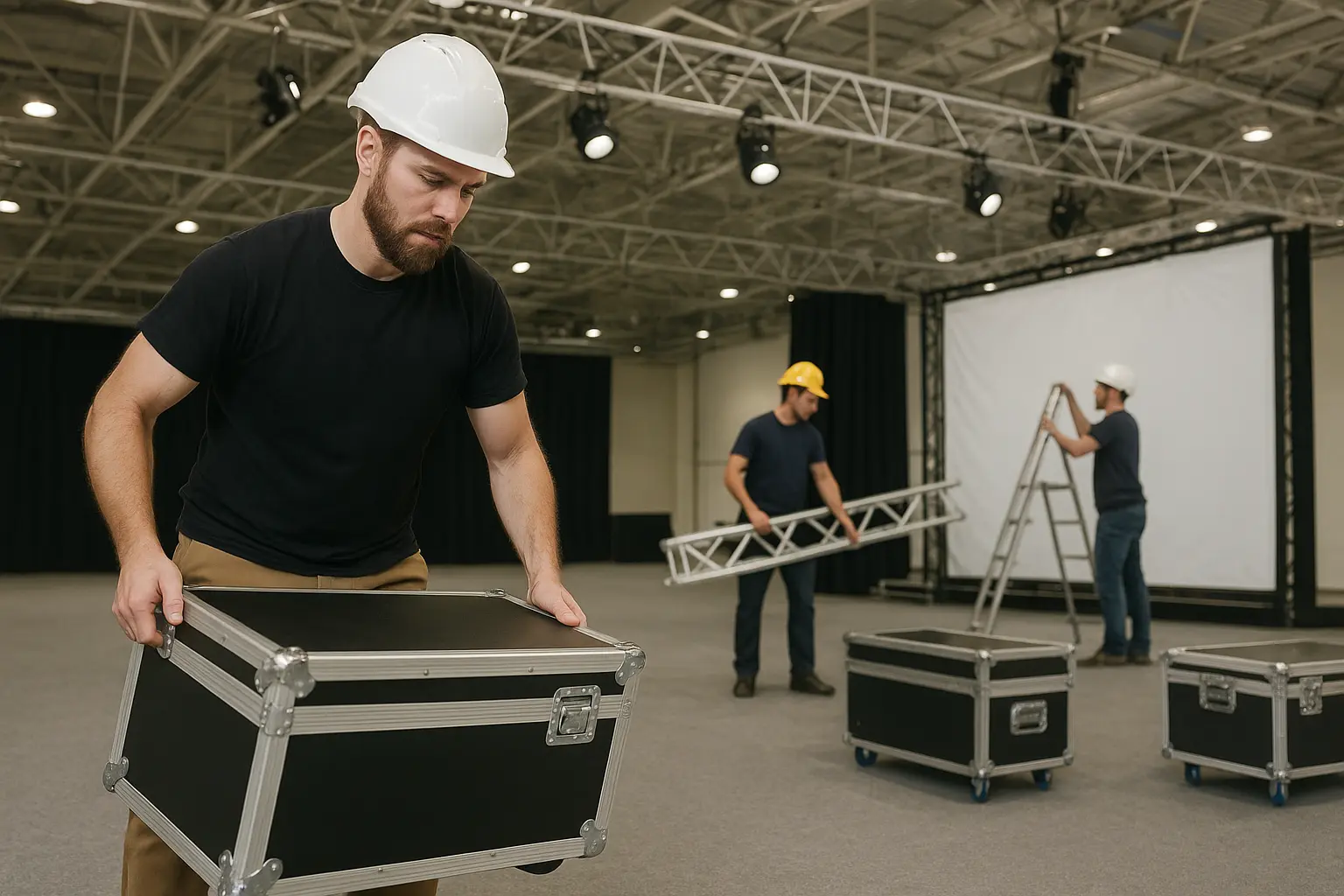
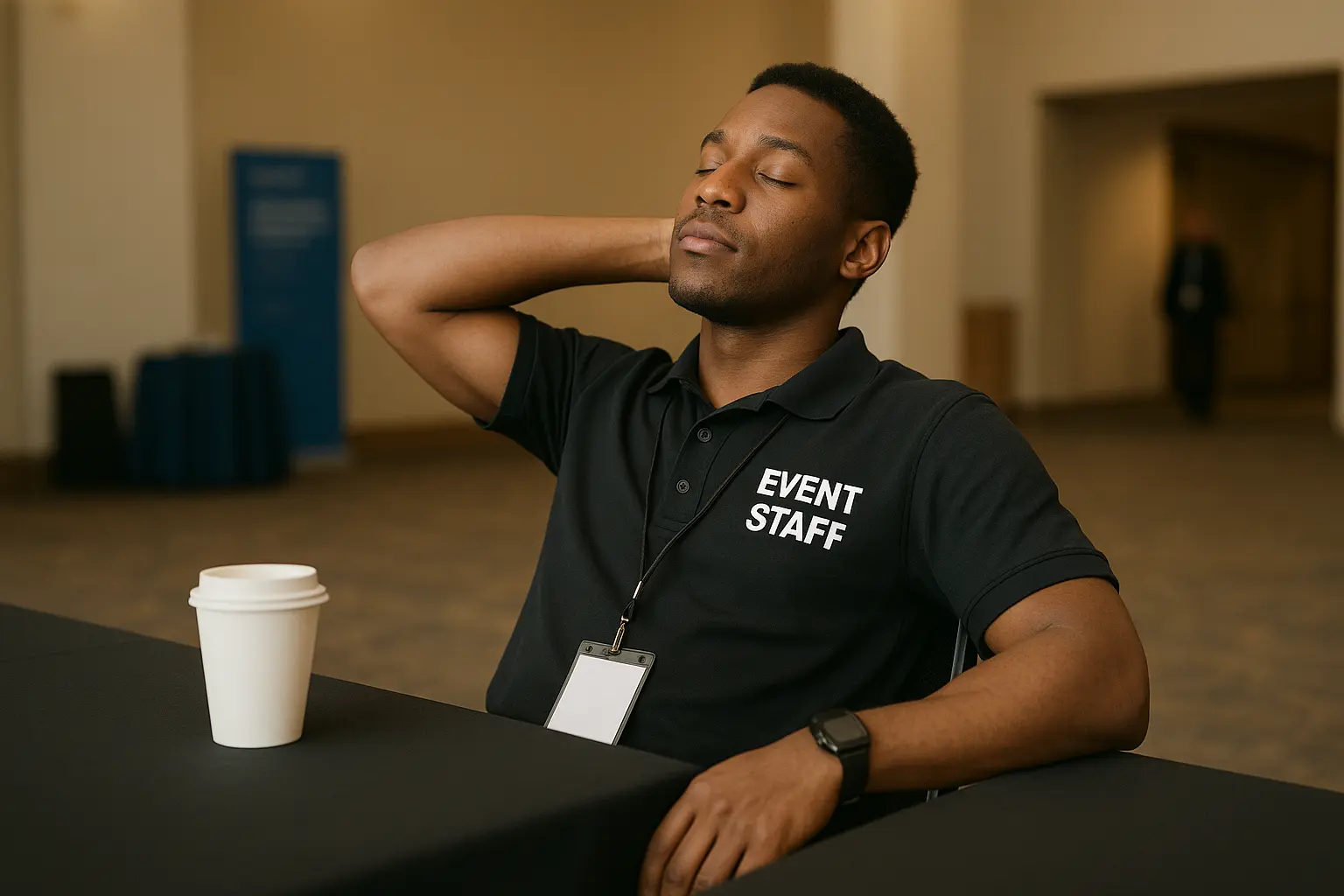
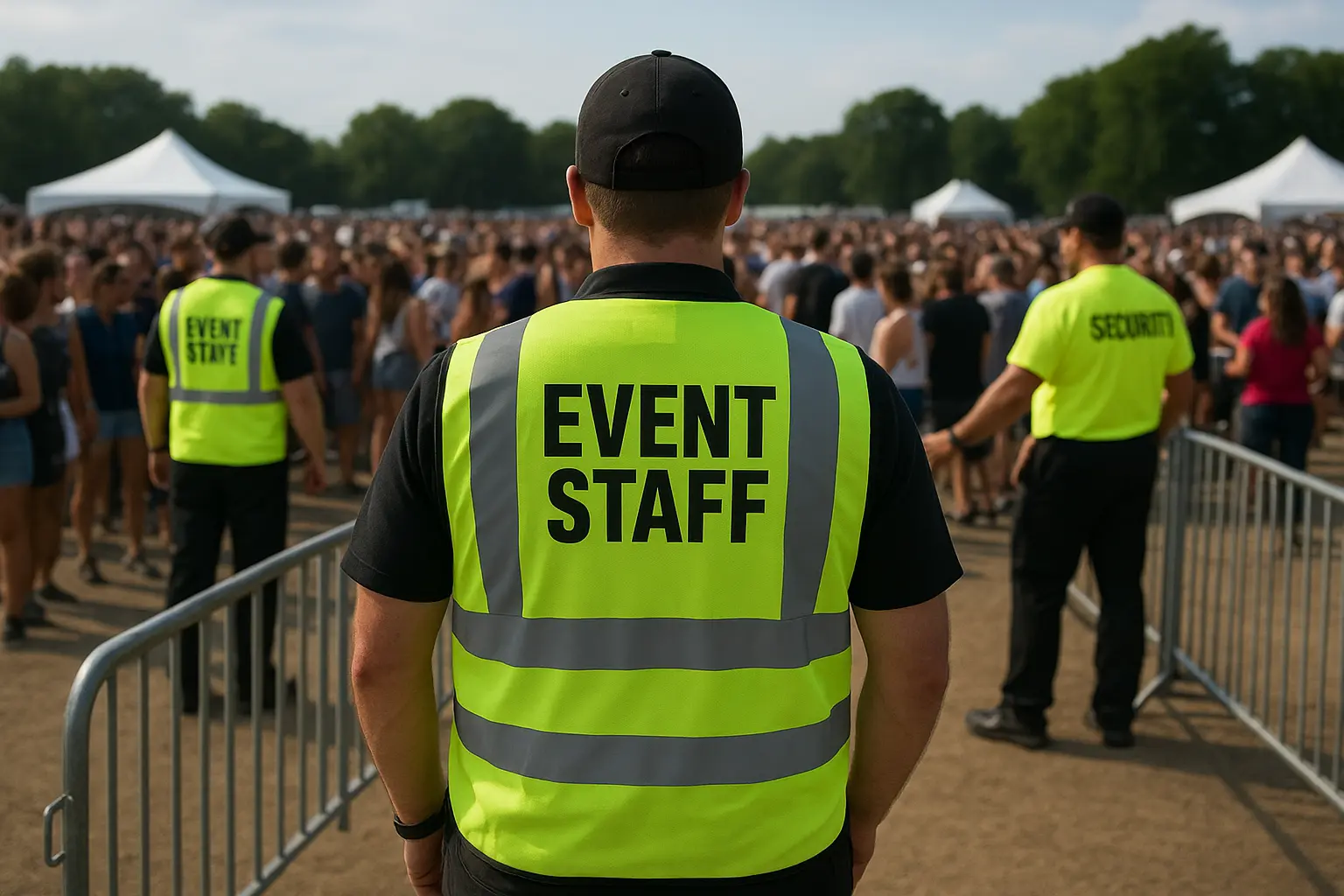
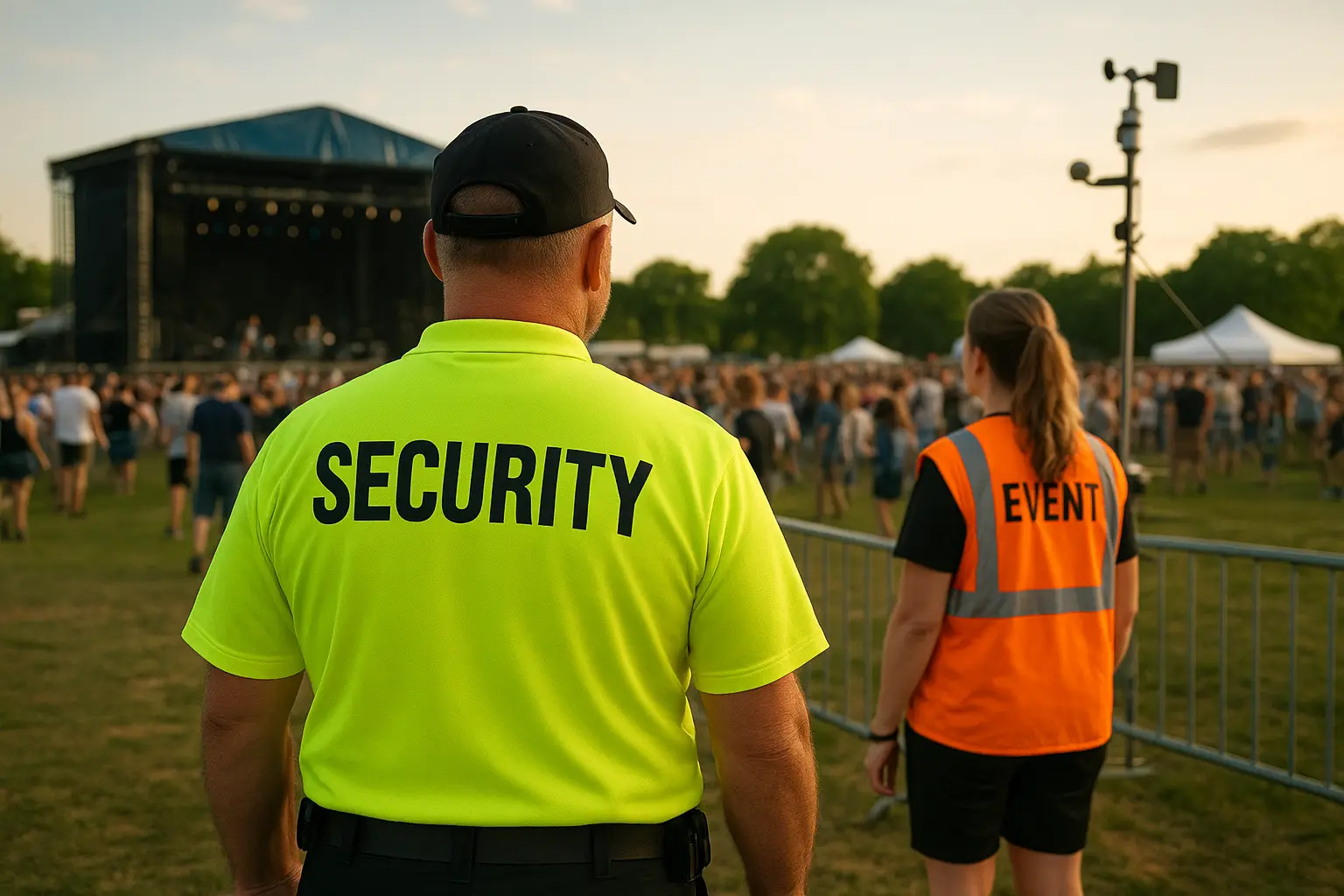
.webp)
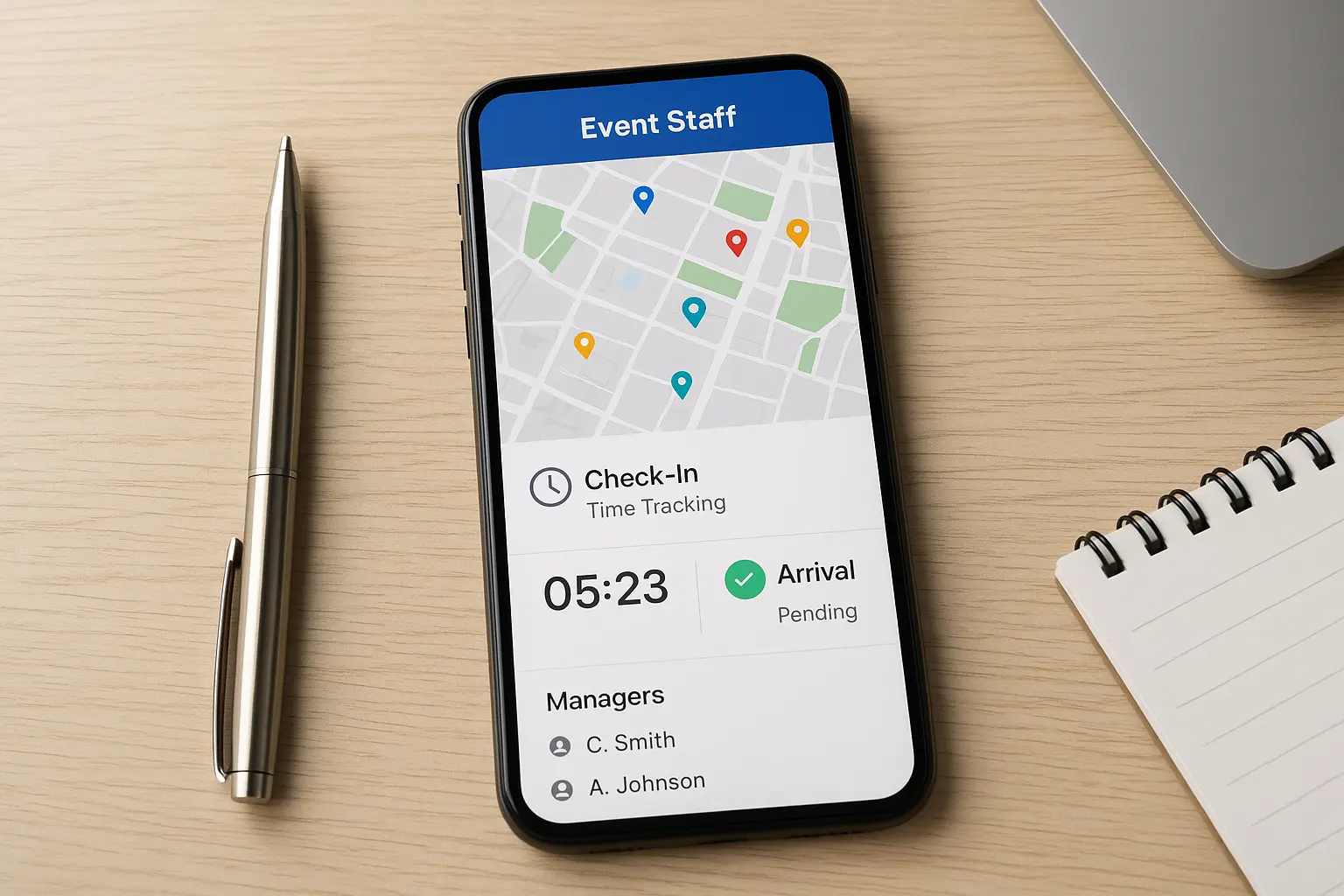

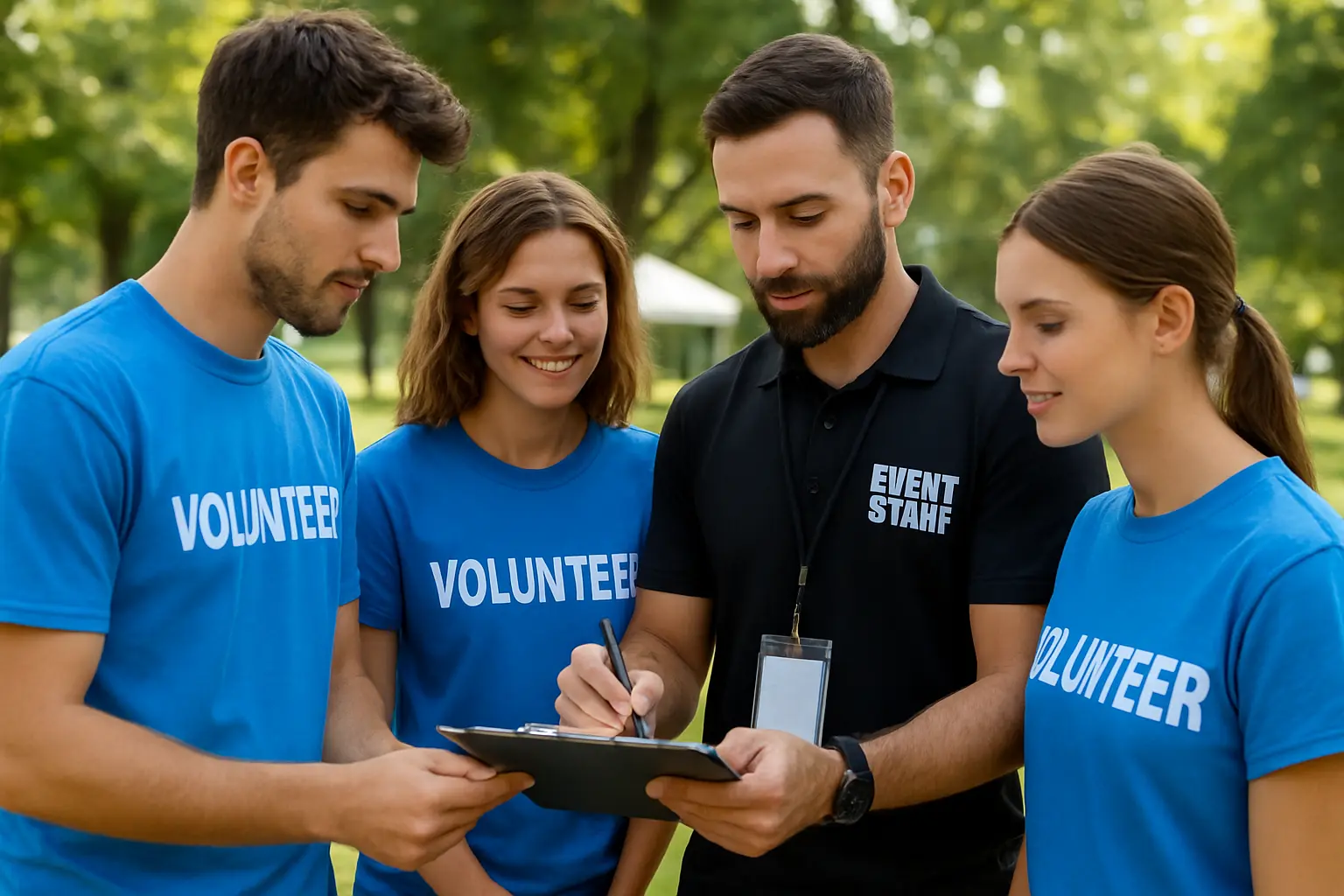



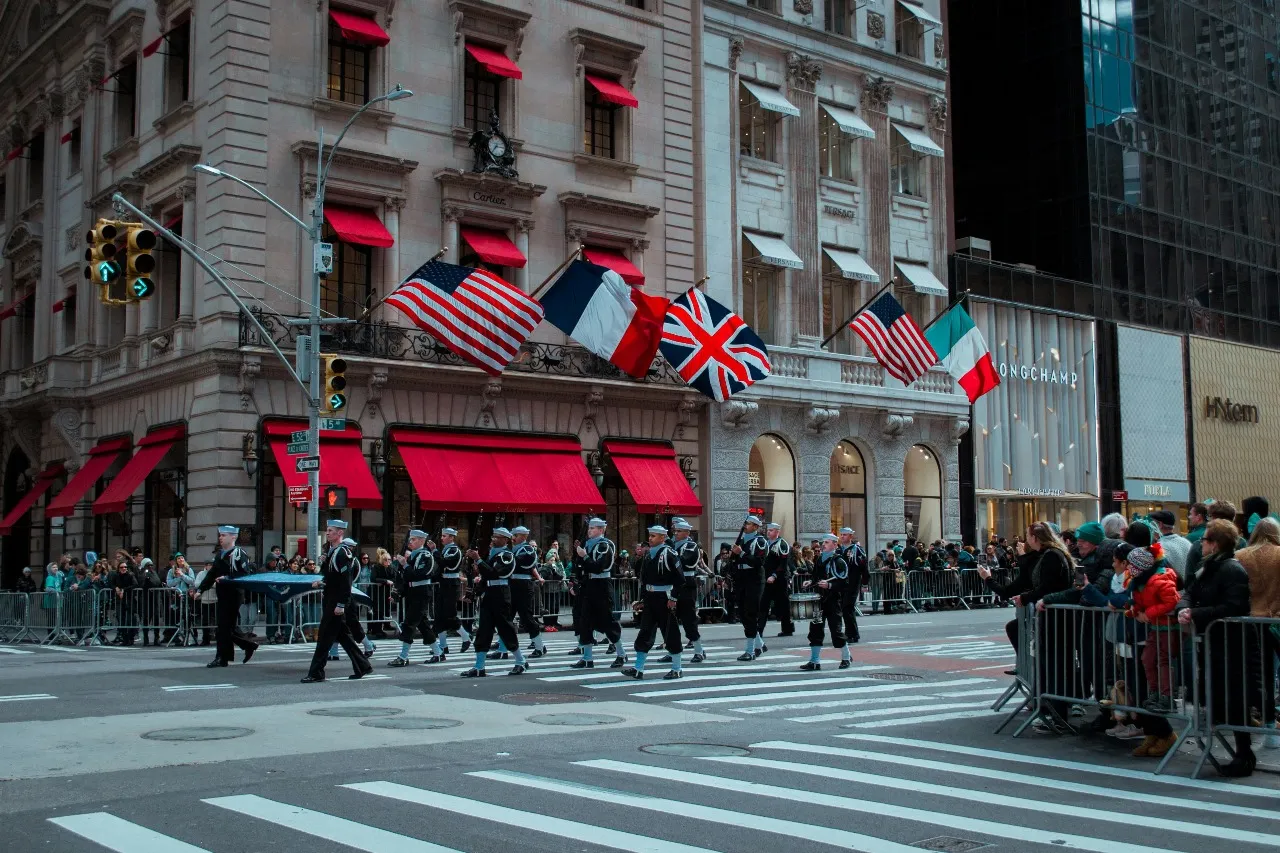

_1000x500%20(1).webp)

